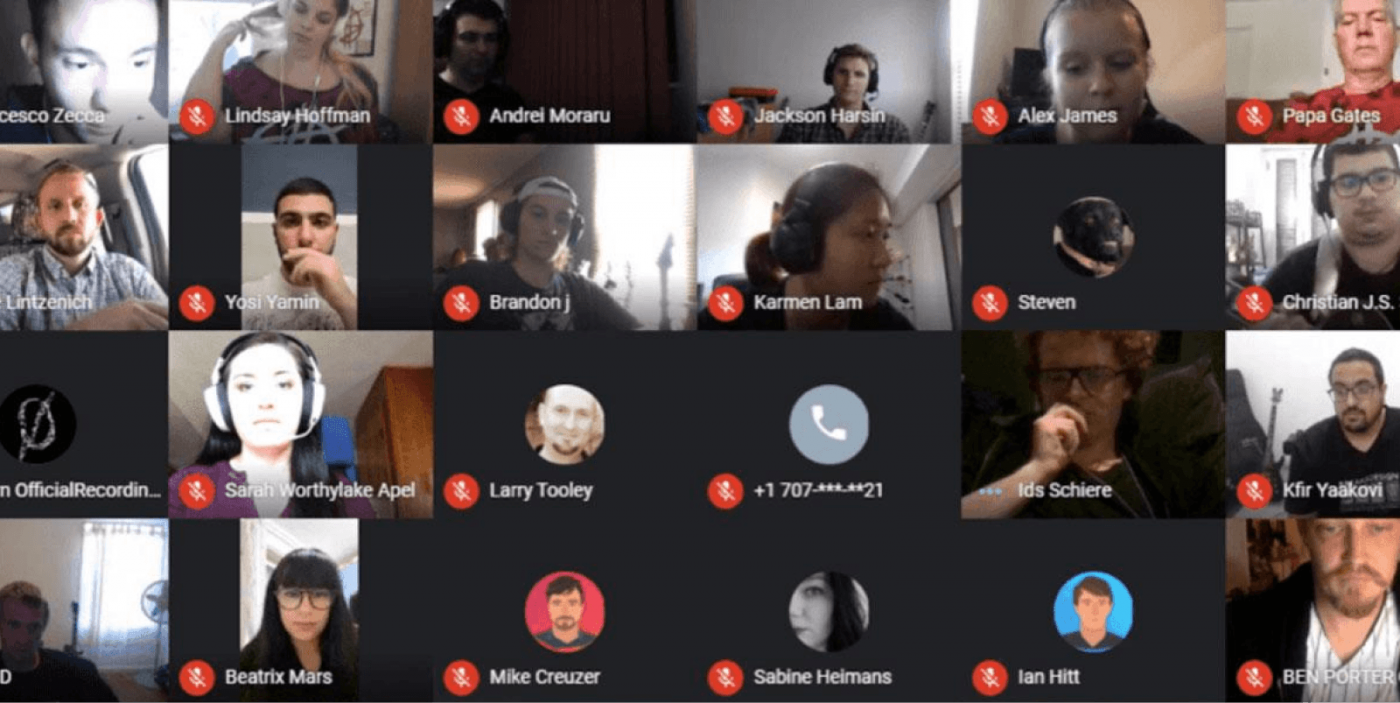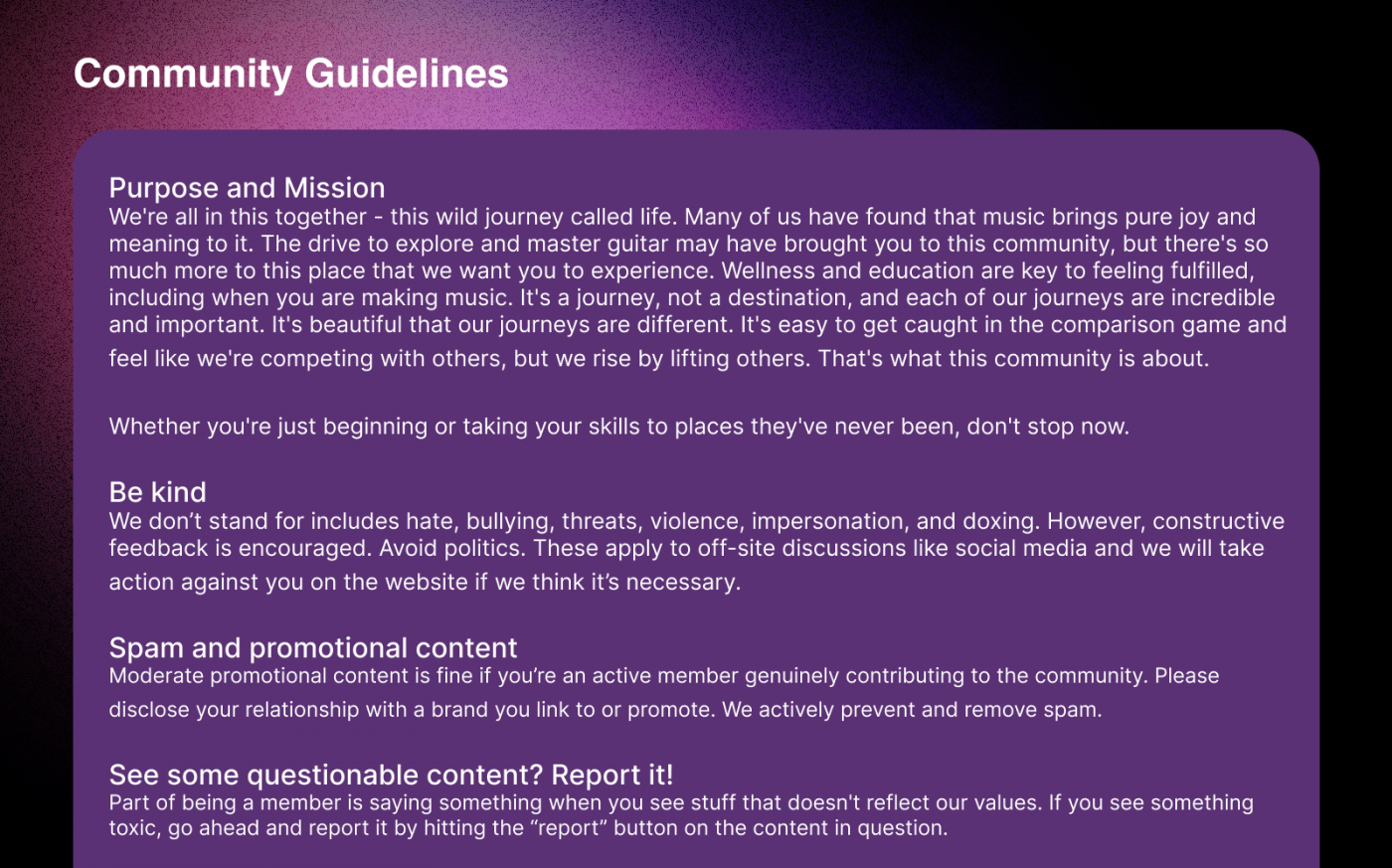Share This Article
In the dynamic world of online communities, the role of a community manager is often underestimated. As a community strategy expert with years of experience, I can confidently say that a community manager is the MVP and arguably the most critical role of any social experience or platform. Their role is multifaceted, combining elements of marketing, customer service, event planning, and more. Let’s delve into what makes a community manager so indispensable.

Active Presence
A community manager is the heartbeat of any online community. They maintain an active, friendly, and engaging presence, becoming the familiar face that members look forward to interacting with. Whether it’s a community centered around biking, gaming, or any other interest, the manager is not just knowledgeable, but often an enthusiast themselves.
Subject Matter Expertise
Being knowledgeable or an expert in the community’s subject matter is crucial. This expertise allows the community manager to connect authentically with members and provide valuable insights. For example, in a biking community, the manager regularly rides or even races, sharing personal experiences that resonate with members.
Culturally Aware
Staying informed on current media, trends, and cultural developments is essential for keeping the community relevant and engaging. A culturally aware community manager ensures that the content and discussions remain timely and interesting. Kind of like the old adage of the office water cooler; your community manager is a strong participant.
Proactive Interaction
Ensuring no message goes unanswered is a key responsibility. A community manager will reply directly or tag the right person, leveraging their past interactions to ensure accurate and helpful responses. This proactive approach fosters a sense of belonging among members, as well as a lifeline: there is always someone there.

Content Creation
Posting interesting news and updates on the community’s social media platforms is a regular task. A community manager knows how to communicate effectively through content, keeping members informed and engaged.

Event Organization
Planning and executing live events such as streams, watch parties, and text-based events like contests and polls keep the community vibrant and dynamic. These activities offer members something new to look forward to regularly.
Personal Engagement
Regular one-on-one interactions with community members are a hallmark of a great community manager. They engage personally, making members feel valued without crossing boundaries. This personal touch significantly boosts member loyalty and engagement. Your members are often members at all for two key reasons:
- Strong value (videos, private access, etc.)
- Human interaction! Don’t underestimate the importance of the human touch over automation

Team Coordination
Behind every successful community is a well-coordinated team. A community manager organizes and motivates the moderation and editorial teams, fostering a friendly and collaborative environment that ensures smooth operations and encourages team activity.

KPI Awareness
Being aware of or helping to track key performance indicators (KPIs) such as time spent online, subscriber growth, and monetization metrics is essential. This insight helps in strategizing and optimizing community activities.
Platform Proficiency
Proficiency with CMS software, forums, social media platforms, Discord, Reddit, Quora, and other tools is a must. A community manager needs to navigate these platforms effortlessly to manage and grow the community effectively.
Basic Content Editing
Creating quick articles or videos with basic editing tools like CapCut, TikTok, and Figma adds value to the community. These skills enable the manager to produce engaging content quickly.
Crisis Management
Handling negative feedback or conflicts effectively and impersonally, while keeping the business and community in mind, is crucial. A good community manager navigates these situations smoothly, maintaining community harmony.
Strategic Planning
Developing and implementing long-term growth and engagement strategies are part of the community manager’s role. These strategies ensure sustained community growth and vitality.

Community Guidelines
Developing and enforcing community guidelines and policies help maintain order and a positive environment within the community. Clear guidelines ensure that members understand the community’s standards and expectations.
Networking
Building relationships with other industry influencers can significantly boost the community’s profile. A community manager leverages these relationships to bring more value to the community.
Budget Management
Managing budgets for community-related activities ensures that events and initiatives are well-funded and executed efficiently. A community manager needs to be savvy with budget management to maximize resources.

Multilingual Skills
Communicating effectively in multiple languages is an asset for global communities. Multilingual skills help in connecting with a diverse member base, making everyone feel included.
Conclusion
In conclusion, a community manager is indeed the MVP of any social experience. Their role is crucial in building, nurturing, and growing a thriving online community. The importance of skilled and dedicated community managers cannot be overstated.


